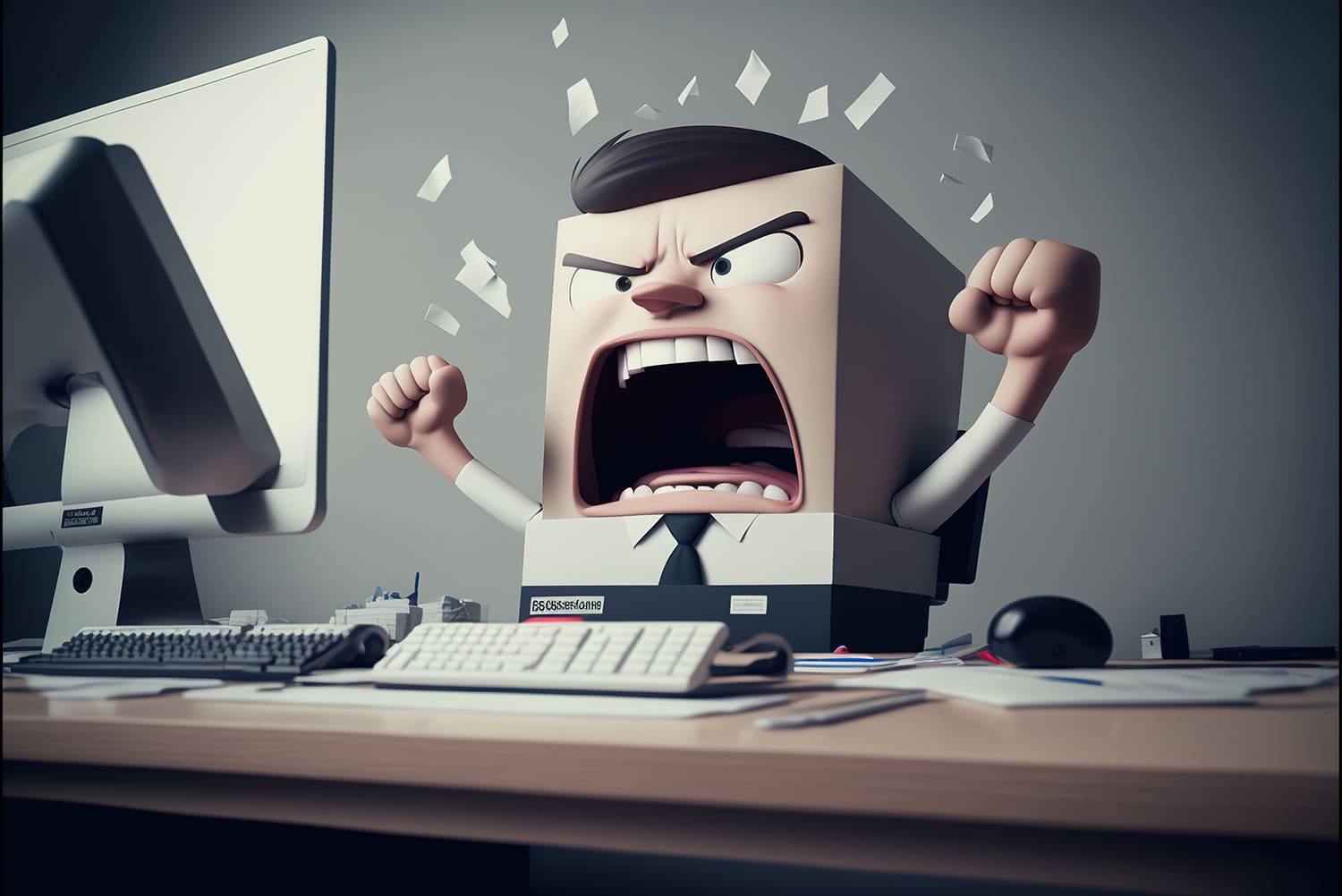“Why Good Employees Get Fired”— Every employer dreams of having a team of high-performing employees who can help the organization achieve its goals and objectives. Good employees are an asset to any organization, and their skills, expertise, and dedication can be invaluable. However, despite their exceptional performance and contributions, there are reasons good employees get fired.
The departure of top talent can be a bittersweet experience for employers. On one hand, firing the best employees who have contributed significantly to the organization can be difficult. On the other hand, letting go of a poor performer or a problematic employee can be a relief. However, there are several reasons why good employees get fired, leaving employers and colleagues puzzled and disappointed.
In this article, the HR Digest explores the various reasons for firing good employees. We’ll also delve into the different factors that contribute to their departure and the impact it can have on the organization.
What are the reasons why good employees get fired?
The reasons why good employees get fired can vary from performance issues to ethical violations. Let’s take a closer look at why good employees sometimes have to leave their jobs, even when they’re performing at their best.
1. Performance issues
One of the most common reasons for firing good employees is performance issues. Even top performers can have periods of low productivity, but if the problem persists, it can become a concern for employers. Managers may give feedback and support to help the employee improve their performance. However, if the employee’s performance continues to decline, the employer may need to take action, including letting the employee go.
2. Misconduct
Misconduct is another reason good employees get fired. It can be anything from theft to harassment to fraud. Such behavior can damage the reputation of the organization and create a toxic work environment for colleagues. Employers have to take swift action to deal with misconduct, even if the employee is a top performer. If not, the organization could face legal and financial consequences.
3. Breach of Company Policies
Employees are expected to comply with company policies and procedures. Some employers have a zero-tolerance policy for breaches of policies, regardless of how small the violation may seem. For instance, if an employee consistently comes late to work, ignores safety protocols, or violates the company’s social media policy, it may lead to disciplinary action or even termination.

4. Incompatibility with Company Culture
Culture fit is a significant consideration for many employers. They want to hire people whose values, beliefs, and work style align with the organization’s culture. When an employee is not compatible with the company culture, it can lead to conflict and affect their job performance. Despite their skills and experience, if the employee cannot adapt to the company’s culture, employers may consider this a reason for firing the best employees.
5. Downsizing or Restructuring
This can lead to the departure of top talent, even if they are good performers. Companies may need to cut costs, restructure departments, or downsize to remain competitive. Even if an employee is valuable to the organization, their position may no longer be needed, and they may have to go.
6. Poor Interpersonal Skills
Interpersonal skills, such as communication, teamwork, and collaboration, are essential in the workplace. Good employees who lack interpersonal skills can be a liability for employers. They may cause conflict with colleagues or customers, and their behavior can affect the morale of the team. If the employee cannot improve their interpersonal skills, it may be considered one of the reasons for firing good employees.
7. Personal Issues
One of the reasons good employees get fired could be personal issues, such as health problems or family emergencies. This can affect an employee’s job performance. While employers are expected to be compassionate and accommodating in such situations, they also have to consider the impact on the business. If an employee’s personal issues affect their ability to perform their job, the employer may have to take action.
8. Lack of Adaptability
The workplace is constantly changing, and employees need to be adaptable to keep up with the changes. Good employees who are resistant to change or lack the ability to adapt to new technologies, processes, or systems can become obsolete. Employers need employees who can adapt quickly to new situations and bring new ideas to the table. If an employee is unable to adapt, they may become a liability, which will lead to firing the best employees.
Understanding Why Good Employees Get Fired
The departure of top talent can be a difficult experience for employers. However, there are situations where firing the best employees might be the right option, despite their skills and experience. Employers have to take appropriate action to deal with such situations while balancing the needs of the business and the welfare of their employees.





